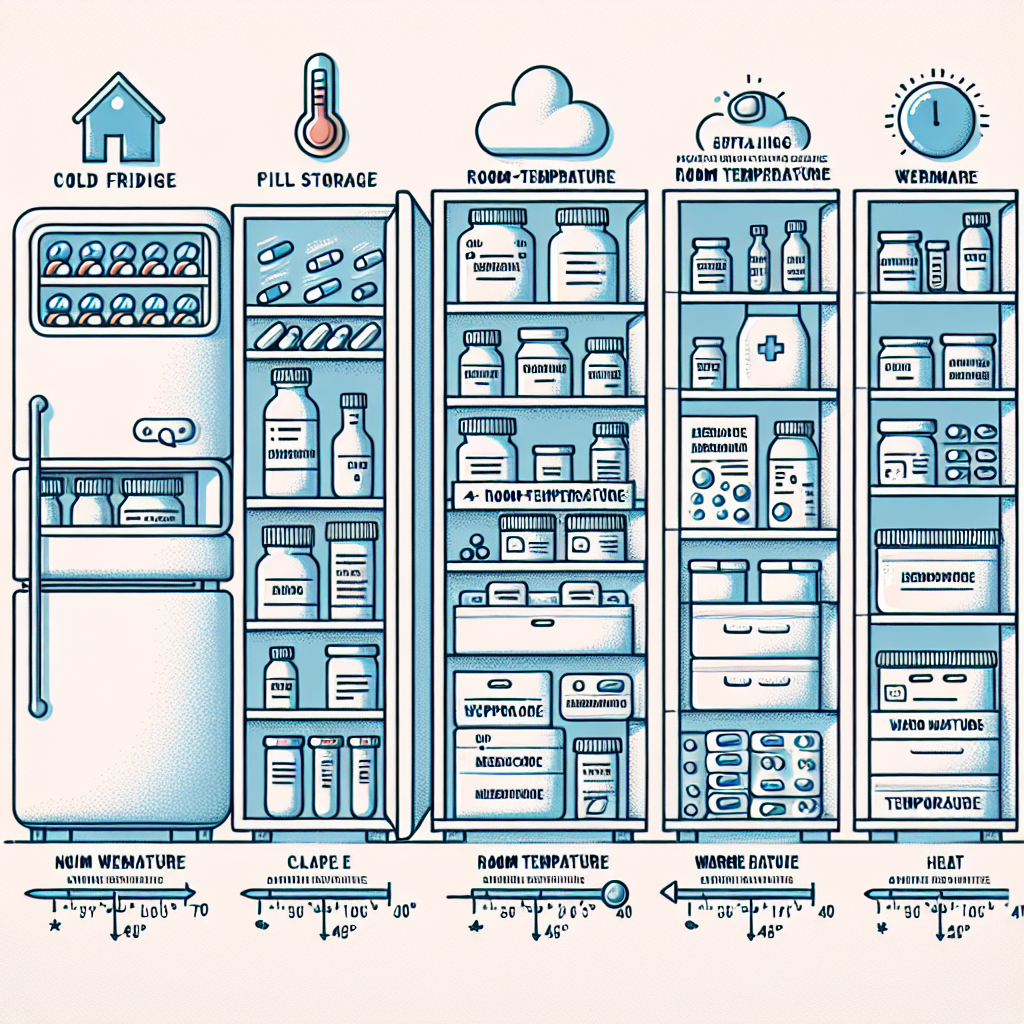As the seasons change, so does our environment, and with it, potentially, the effectiveness of medications and supplements we rely on for managing health conditions. Seasonal variations can influence not only our physical well-being but also the way our bodies interact with various pharmaceuticals and natural remedies. This article delves into the complex interplay between seasonal changes and medication effectiveness, offering insights for patients and healthcare providers alike.
The Influence of Seasons on Health and Medication
It’s a well-known fact that our bodies respond to the changing seasons. During winter, for example, the lack of sunlight can lead to Vitamin D deficiency, affecting bone health, while in summer, increased sunlight can improve mood and Vitamin D levels. But the impact goes beyond just Vitamin D; it can also affect how medications are metabolized and utilized by the body.
Seasonal Allergies and Medication Interactions
Spring often brings about seasonal allergies, which can necessitate the use of antihistamines and other allergy medications. These, in turn, can interact with a variety of prescription drugs, potentially altering their effectiveness. It’s important to understand these interactions, particularly if you’re managing chronic conditions with medications and supplements.
Temperature and Drug Stability
Temperature changes can impact the stability of medications. High temperatures can cause some drugs to break down, reducing their efficacy. This is especially pertinent for medications that require refrigeration, such as certain biologics or insulin.
Humidity and Medication Formulation
Humidity can affect medication formulations, especially those in powder form. Medications and supplements might clump or degrade in high humidity, which can be particularly troublesome during the summer months or in tropical climates. This underscores the importance of advancements in supplement delivery systems that can withstand environmental changes.
The Role of Sunlight in Medication Metabolism
Sunlight exposure influences the circadian rhythm and can potentially interact with the pharmacokinetics of medications. For instance, some studies have suggested that blood pressure medications might have varying efficacy depending on the time of day they are taken, which can be influenced by daylight hours.
The Sunlight-Vitamin D-Medication Nexus
Vitamin D, synthesized in the skin in response to sunlight exposure, is crucial for calcium absorption and has implications for cardiovascular and bone health. Some medications, particularly steroids and weight loss drugs, can affect Vitamin D metabolism, which in turn can influence the overall cardiovascular health of an individual.
Mood Disorders and Seasonal Changes in Medication Efficacy
Seasonal Affective Disorder (SAD) is a type of depression that occurs at a certain time of year, usually in the winter. Medications for mood disorders may need to be adjusted as the seasons change to ensure effectiveness and manage side effects.
Winter Depression and Antidepressant Absorption
Cold weather can slow down the digestive system, potentially affecting the absorption and effectiveness of antidepressants. This interaction highlights the intricate relationship between medications and the gut microbiome, which can fluctuate with diet changes that often accompany seasonal shifts.
Seasonal Diet Changes and Supplement Efficacy
As the seasons change, so do our diets, which can affect the body’s nutrient needs and the effectiveness of dietary supplements. For instance, a winter diet might lack fresh fruits and vegetables, leading to a greater reliance on vitamin supplements.
Nutrient Absorption and Seasonal Foods
The body absorbs nutrients differently depending on the source. Nutrients from seasonal, fresh produce may be more readily absorbed than those from supplements, which is why it’s important to adapt supplement use to complement seasonal dietary changes.
External Factors Influencing Medication and Supplement Use
The impact of seasonal changes on medication and supplement efficacy is not solely due to internal body changes. External factors, such as daylight savings time, can disrupt sleep patterns and medication schedules, potentially affecting drug metabolism.
Adjusting Medication Timing with Seasonal Changes
Medication timing can be crucial, especially for drugs with a narrow therapeutic index. Patients and healthcare providers should be aware of the need to potentially adjust dosing schedules with the change of seasons to maintain therapeutic levels.
Strategies for Managing Seasonal Medication Changes
To manage the impact of seasonal changes on medication effectiveness, patients should:
- Consult with healthcare providers about the stability and storage of medications.
- Be aware of potential interactions between season-specific medications (like allergy drugs) and their current prescriptions.
- Adjust diets and supplement intake based on seasonal availability and nutritional needs.
- Consider the timing of medication doses in relation to daylight hours and sleep patterns.
Conclusion
The change of seasons is more than just an environmental shift; it can have a profound impact on medication and supplement efficacy. Understanding these effects is crucial for optimizing treatment outcomes throughout the year. By taking into account temperature, humidity, sunlight exposure, and dietary changes, both patients and healthcare professionals can work together to ensure that medications and supplements continue to perform as intended, regardless of the season.
For further reading on medication and supplements, explore the following resources:
- Advancements in Supplement Delivery Systems
- Personalized Medicine and Supplement Use
- The Role of Pharmacists in Supplement Education and Safety
Additional high-quality resources on this topic can be found here:



